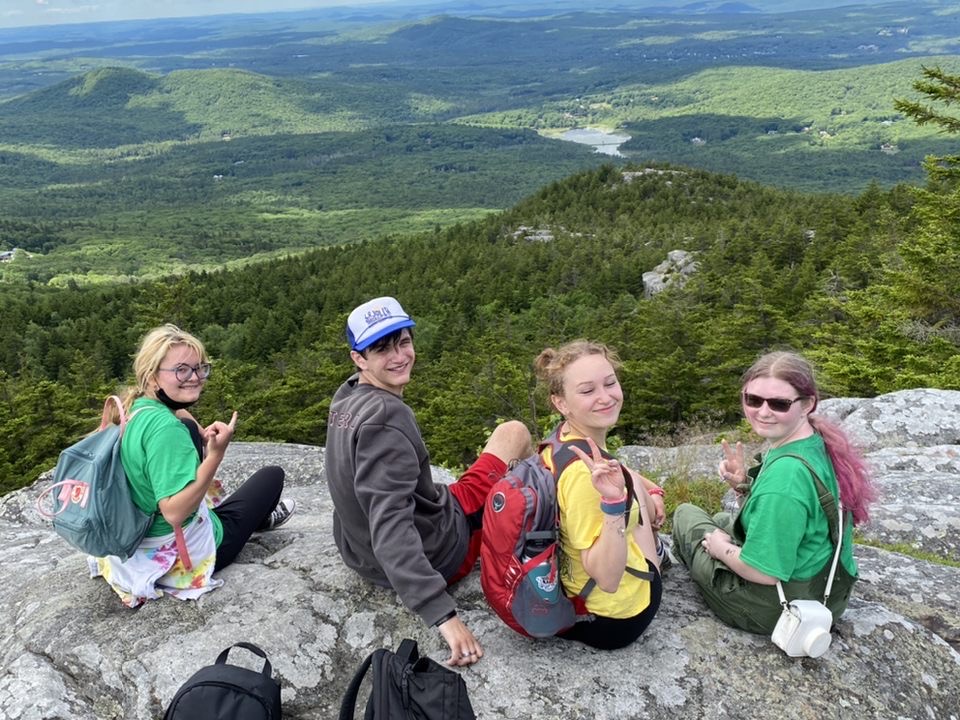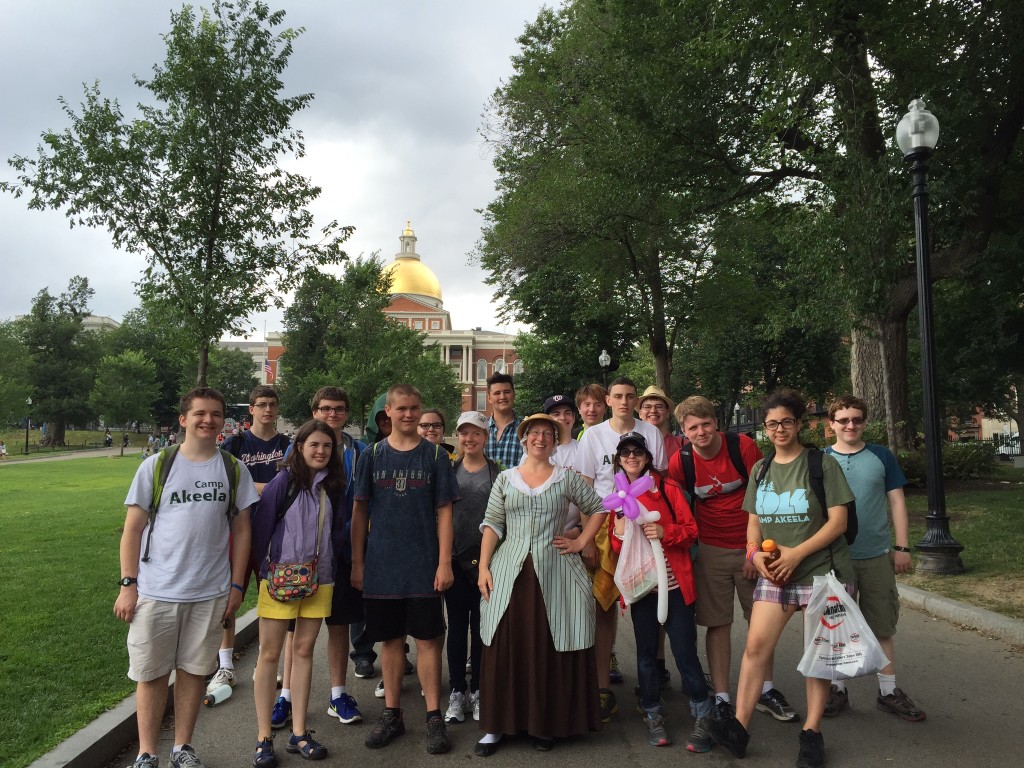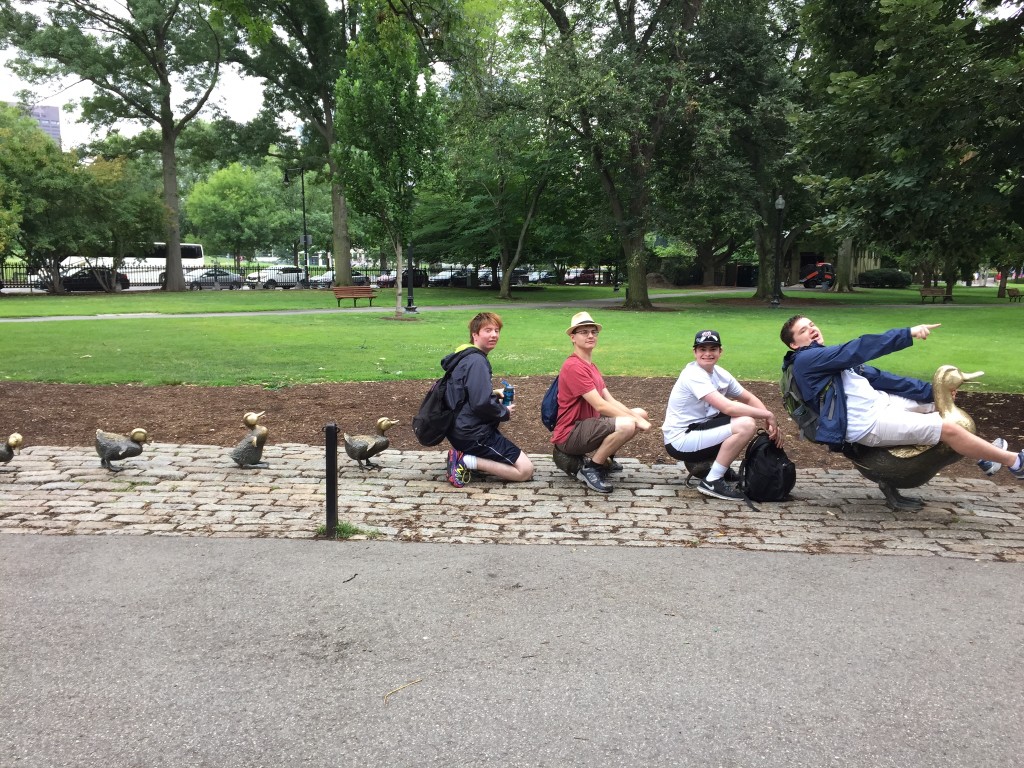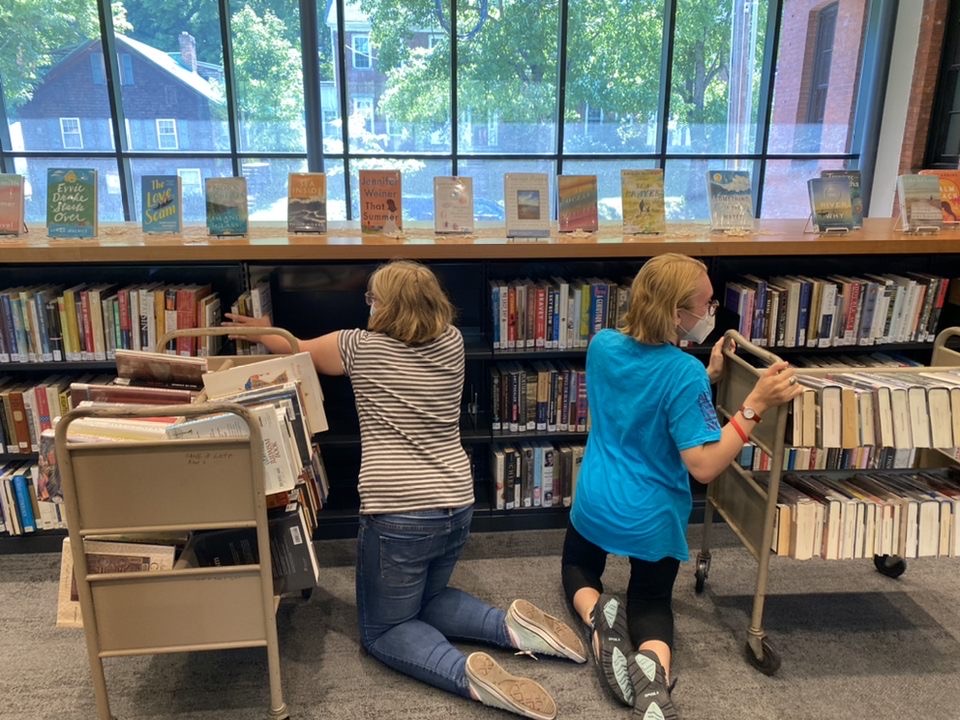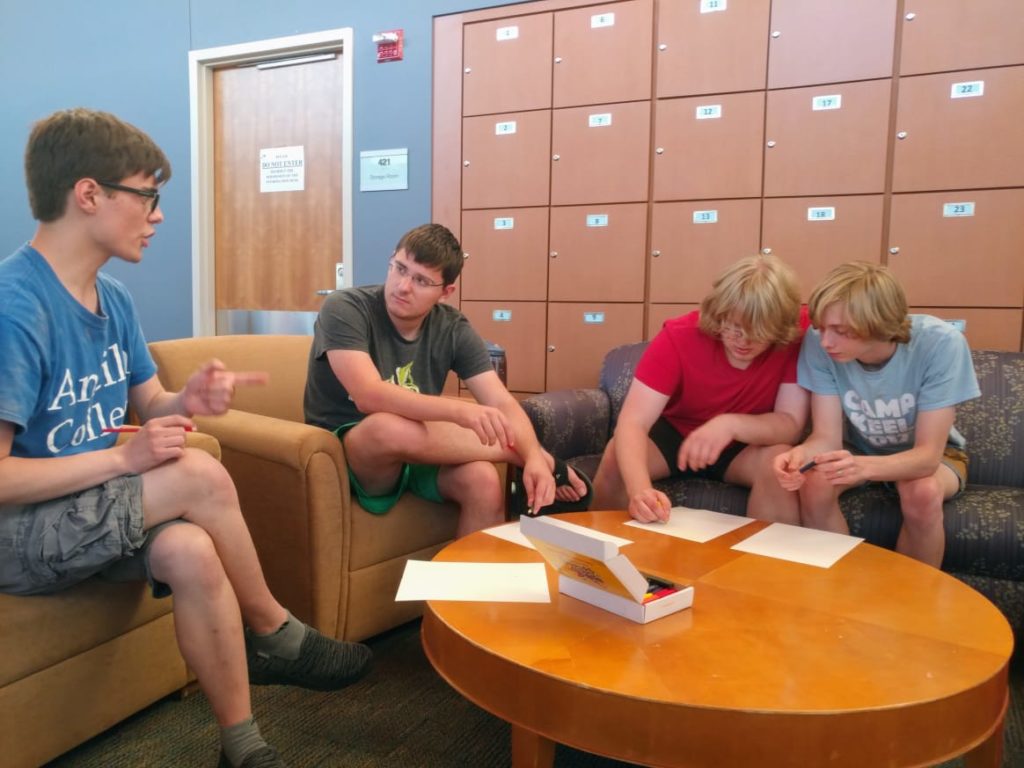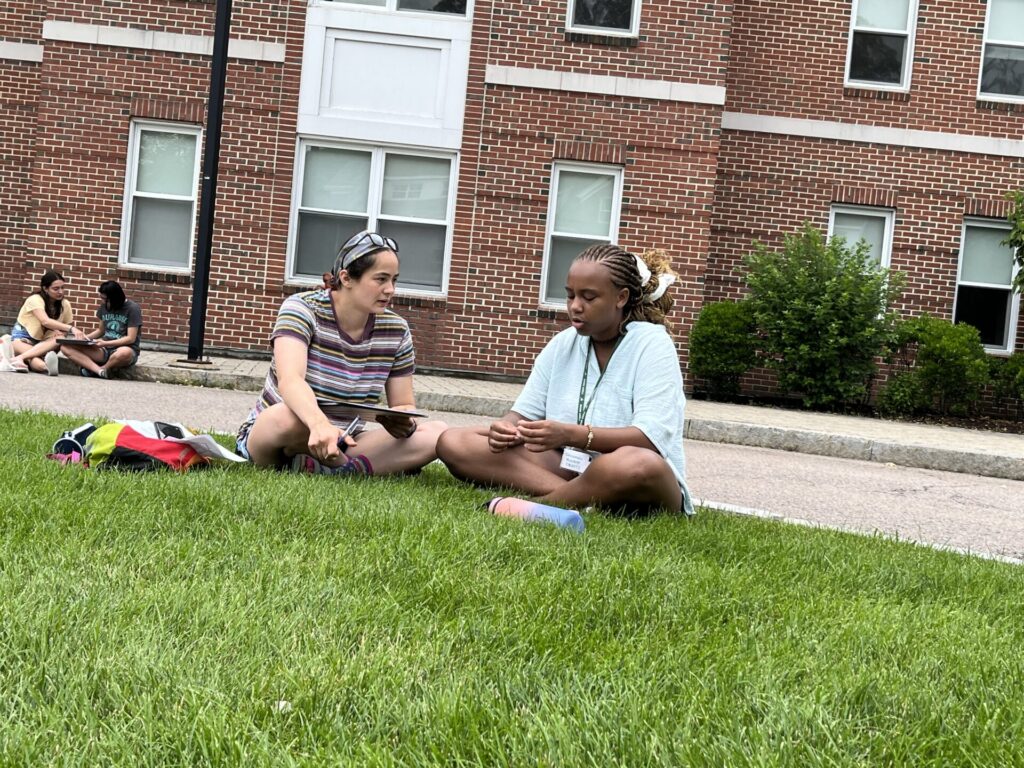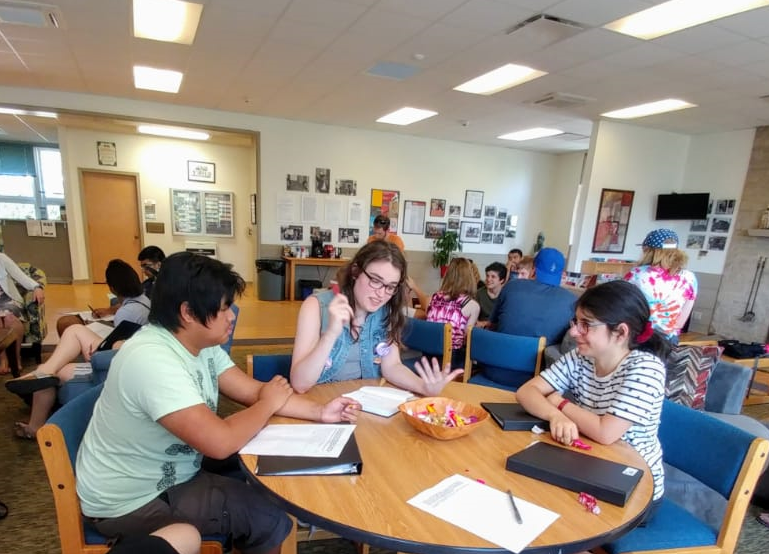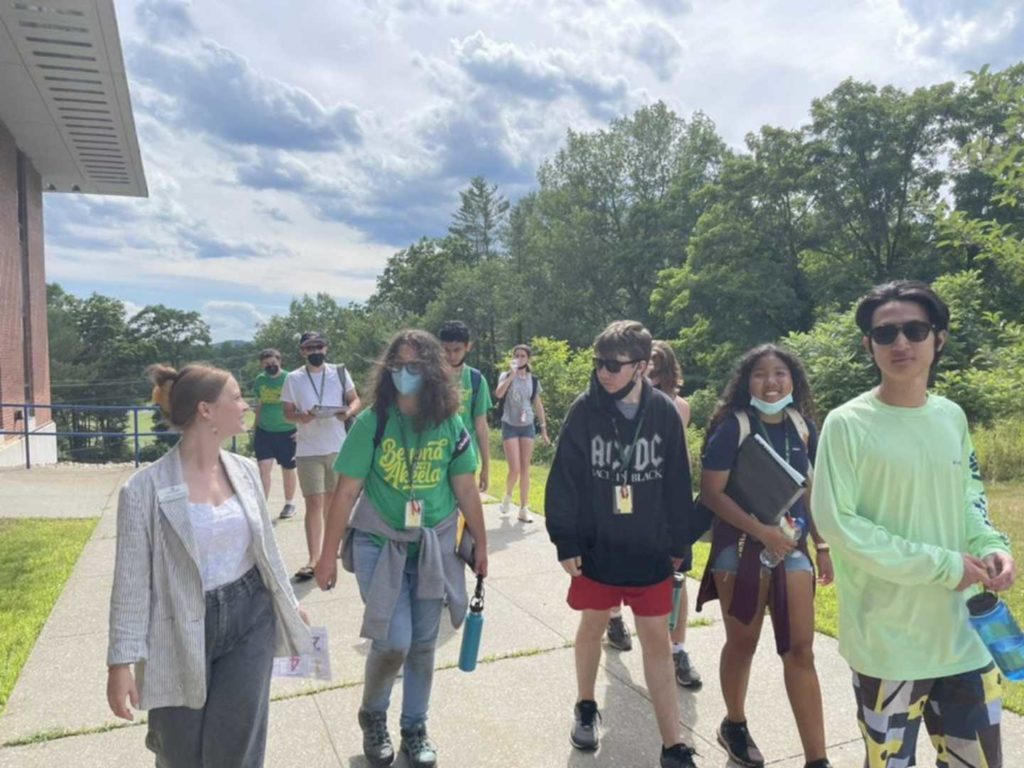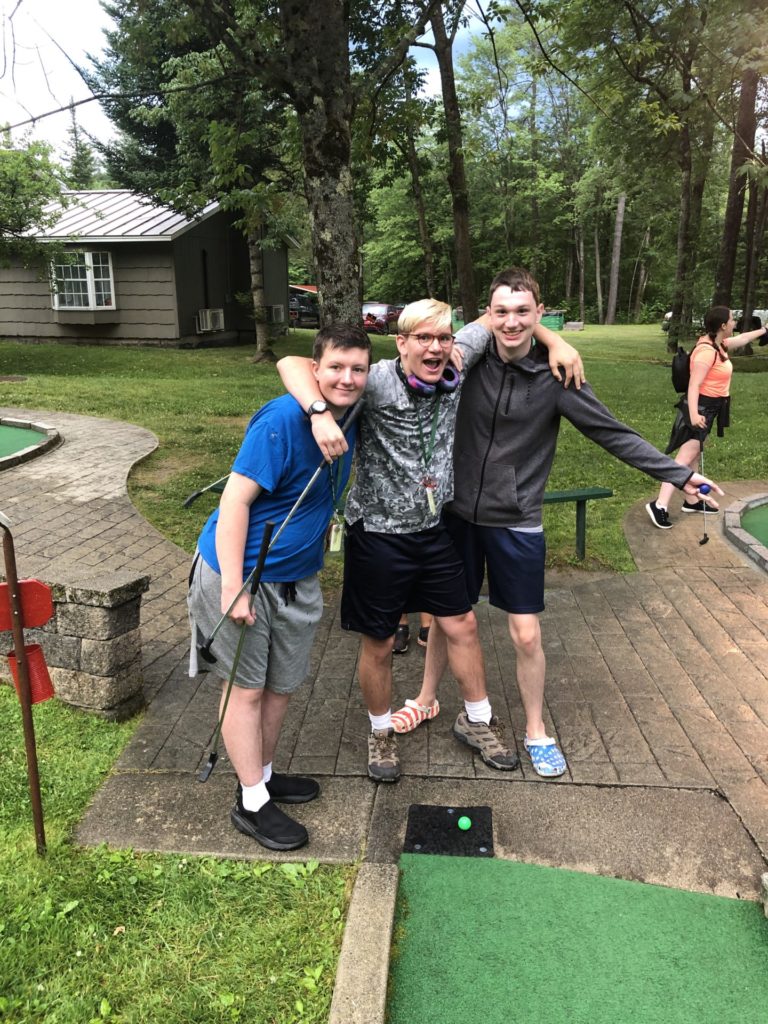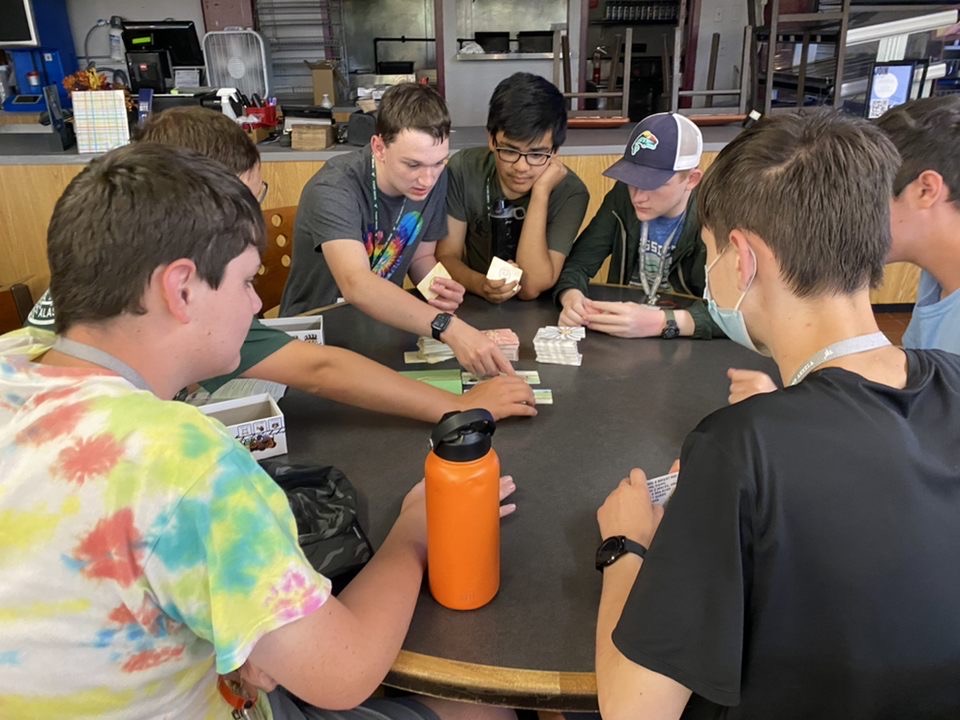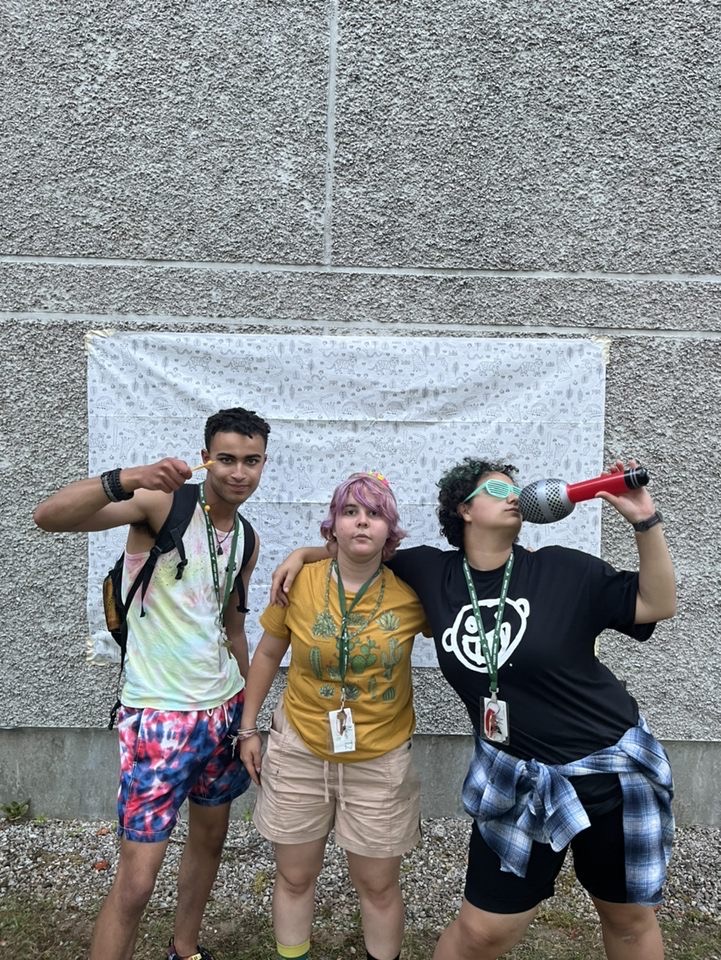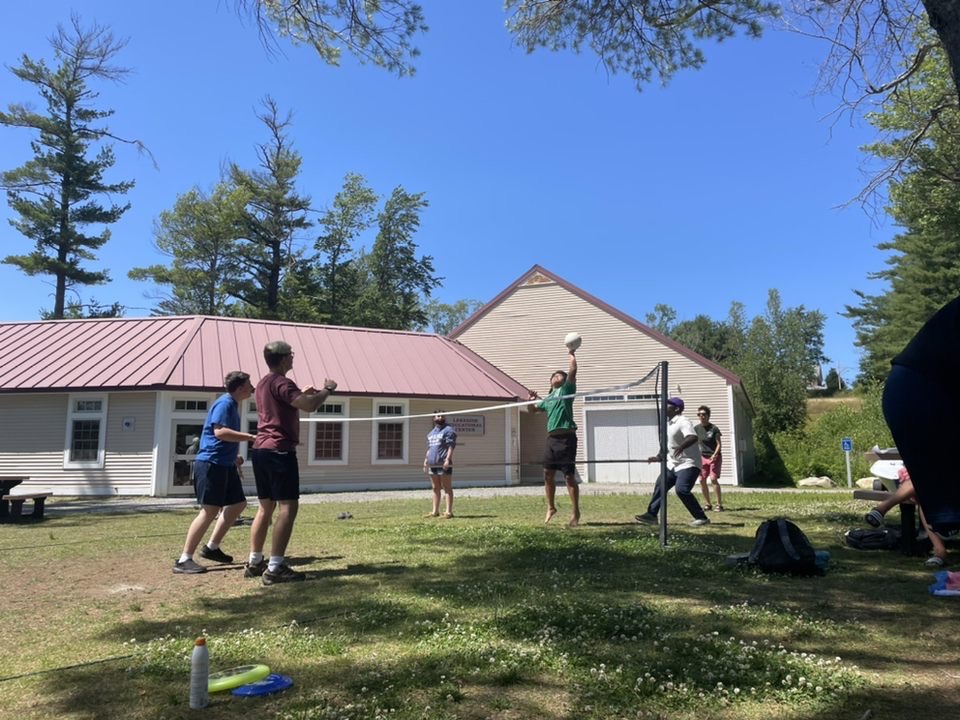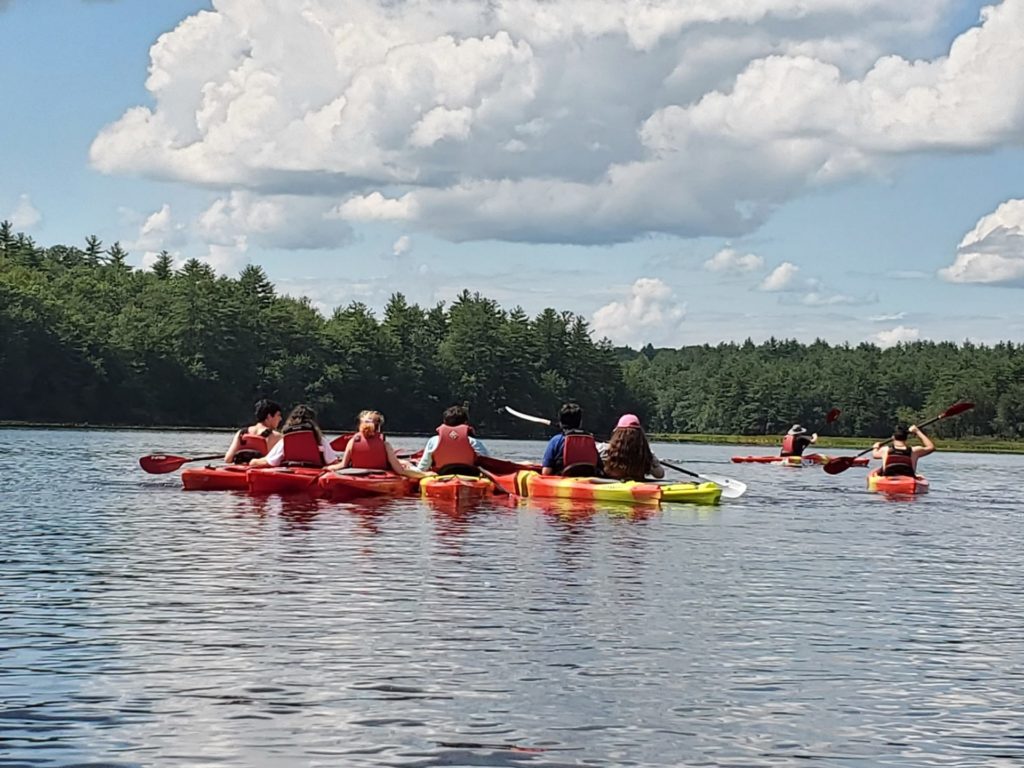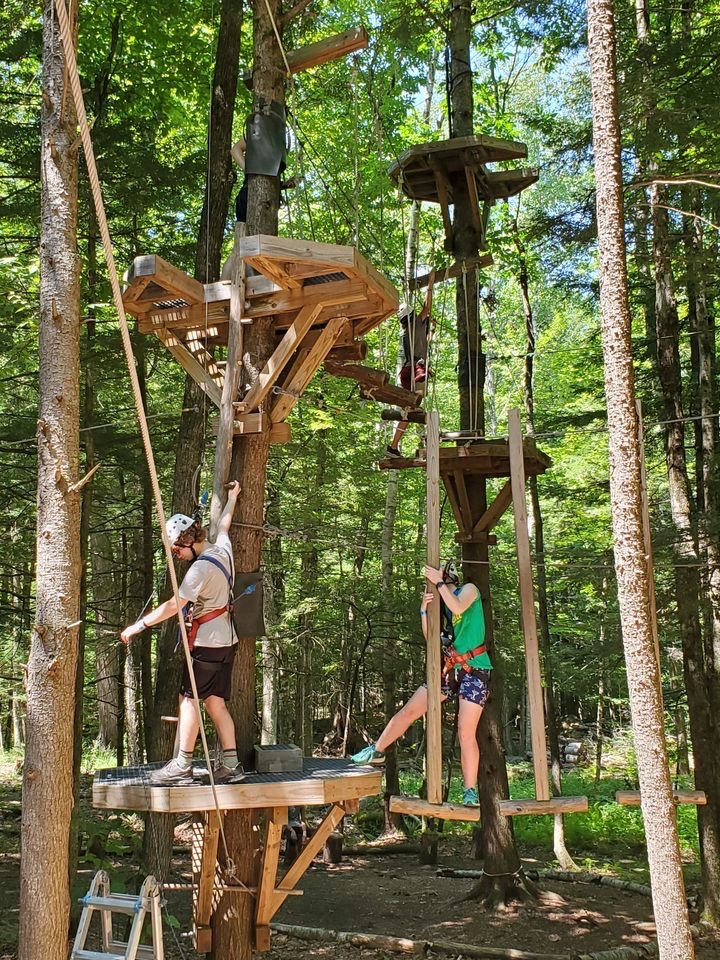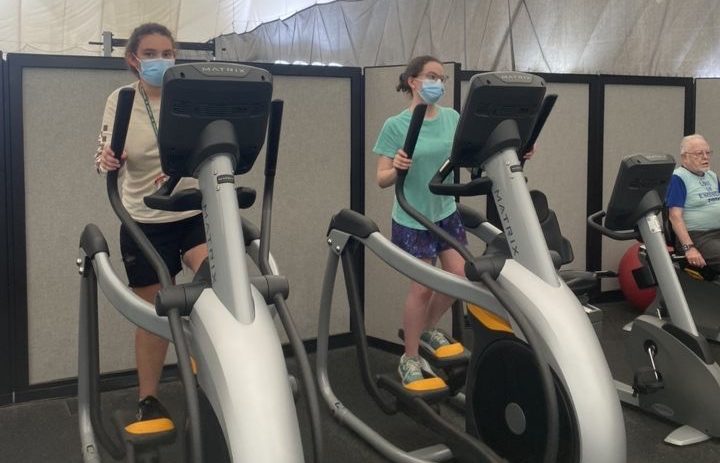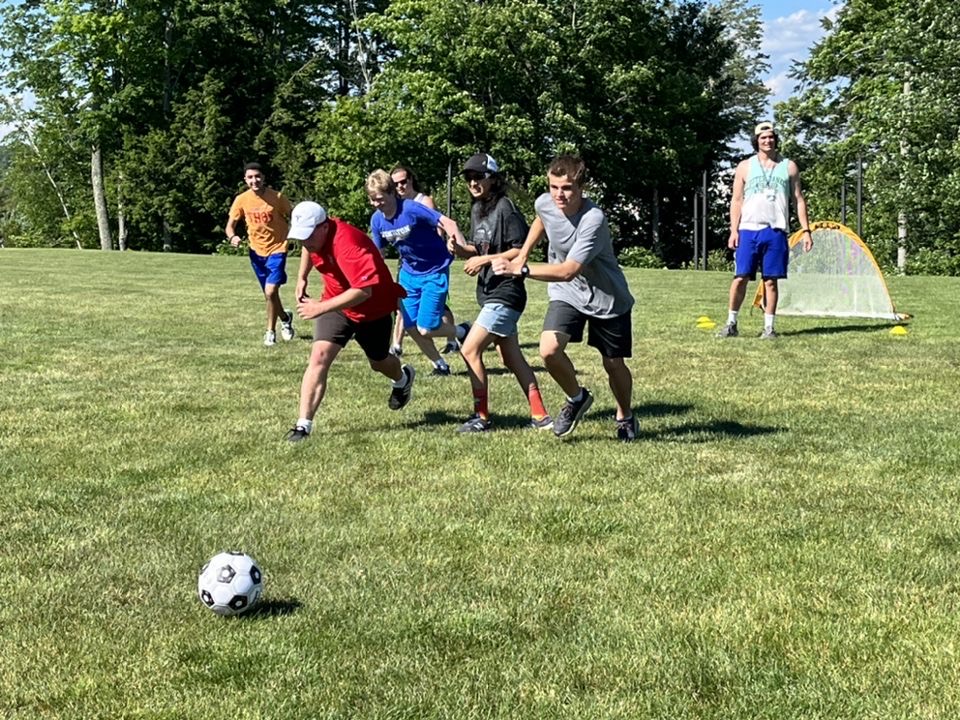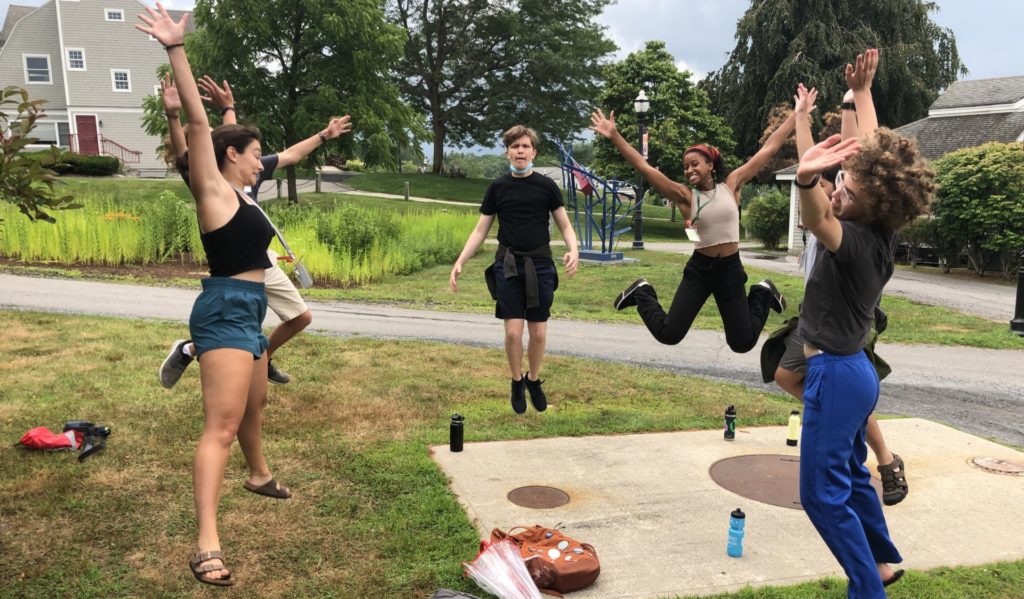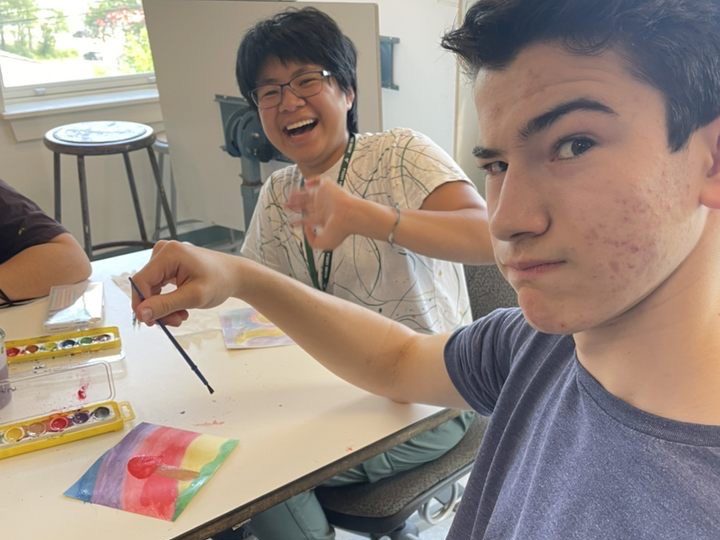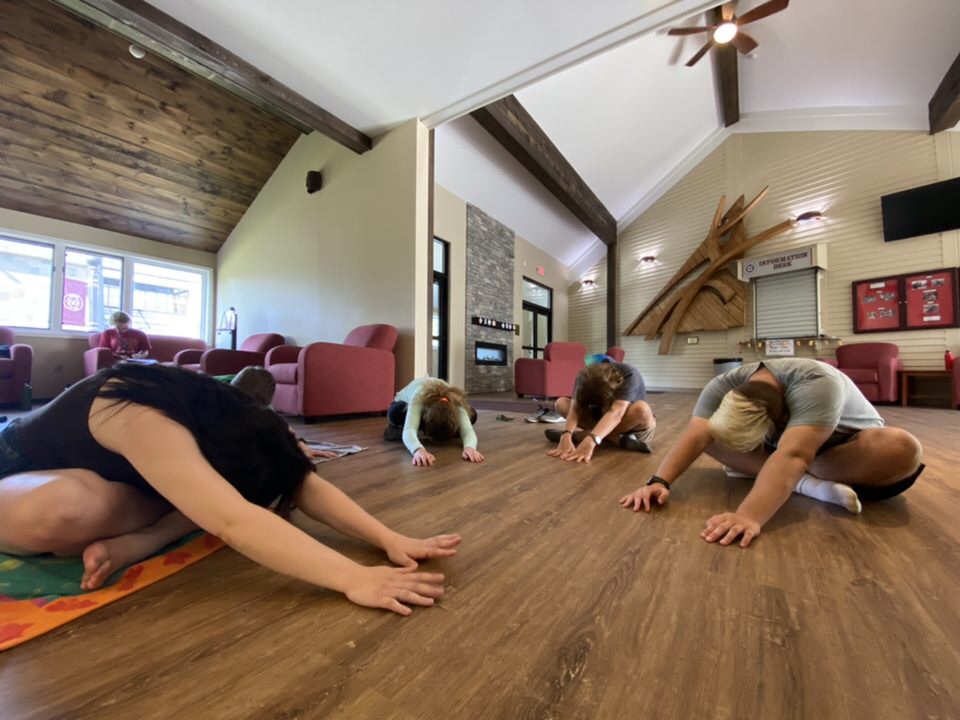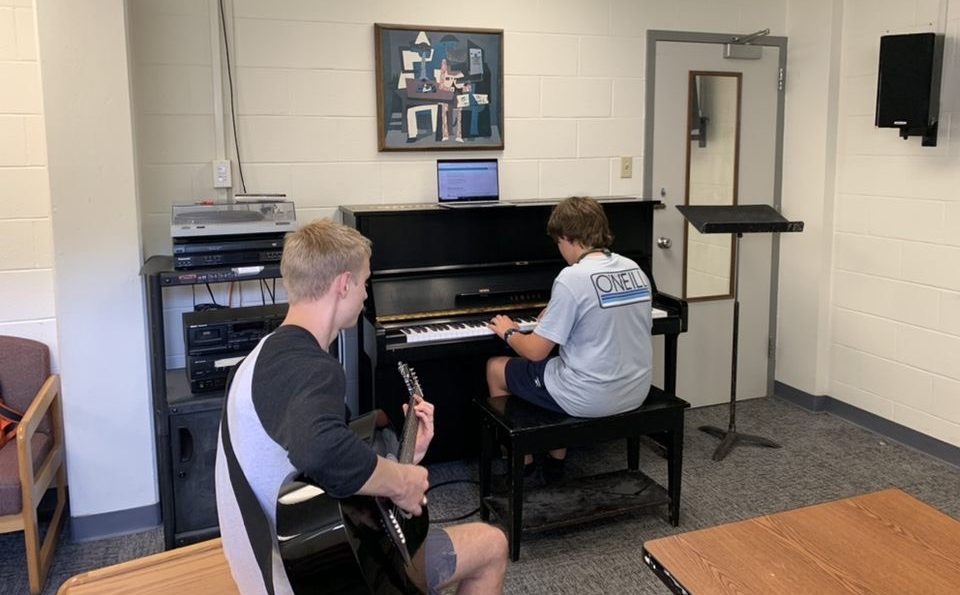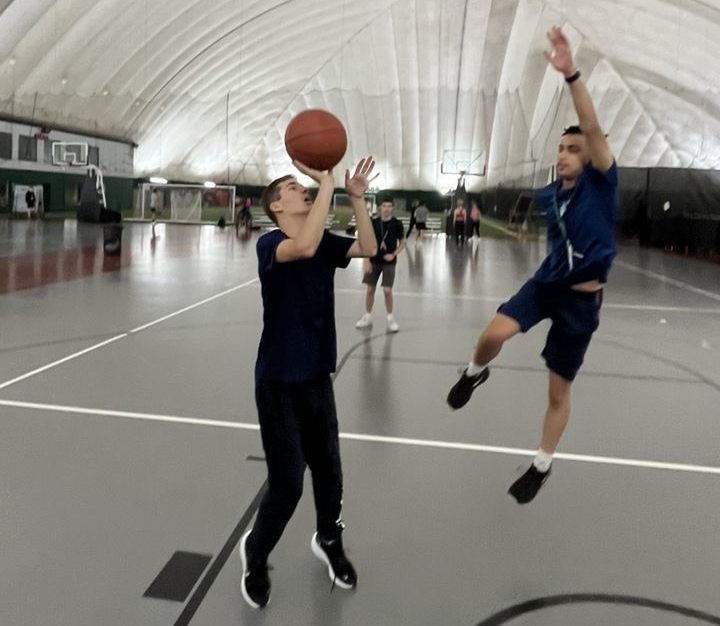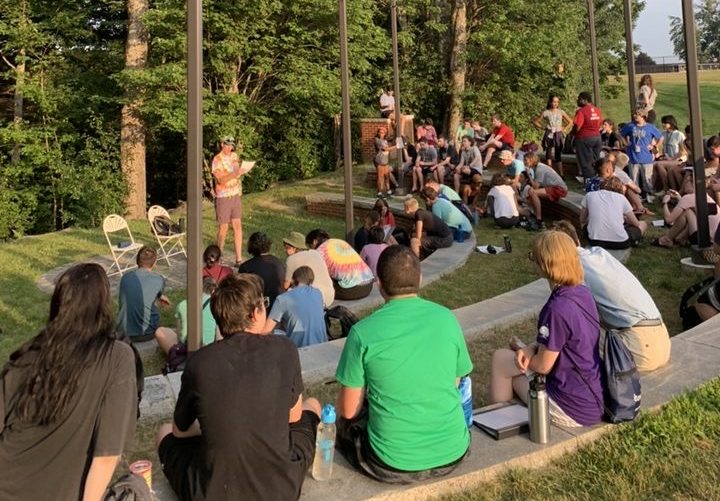
I recently read an article called “See the Able, Do Not Enable,” written by a member of the Life Skills Department at the College Internship Program (CIP). So much of the article resonates with our beliefs on how to support our teens with learning differences. Growing up in a nurturing home and camp community can sometimes lead teens to ask for help before thinking about how they can solve the problem on hand. There are a few great takeaways from the article.
It’s important to remember the age of the teens we are working with. Are we helping them by responding to every request for assistance? If independence is the goal, then we have to use questions from our teens as teachable moments. As a parent or counselor, we have to remind ourselves to think about how each question can turn into a teaching opportunity. At Beyond Akeela, we train our staff to scaffold their involvement in these situations to help our teens practice independence. For example, a staff member may first respond to a call for help with a guided question to help the teen find the answer to their challenge. The next time a similar situation comes up, that staff member can refer back to the previous instance and challenge the camper to think of a solution independently. The goal is to give guided feedback to the campers and help them become a better self-advocate, while not holding their hand through the process.
Another challenge that comes with this is meeting our teens on their level. Everyone learns differently, a different paces and in different styles. Many campers at Beyond Akeela have learning challenges and may benefit from creativity in how we approach teaching them. Sometimes that means adjusting our expectations for progress in mastery of a new concept, and thinking about how important what we are trying to teach actually is.
This article really hits home the benefit of camp, because camp creates opportunities for learning and succeeding independently from parents or caregivers, while also having a safety net of advisors to prevent total failure. When a teen realizes they can have success in something independently, we have noticed it greatly increases the chances they will try something new independently in the future. The more we can create situations to help our campers with learning differences be successful in independent settings, the better!



